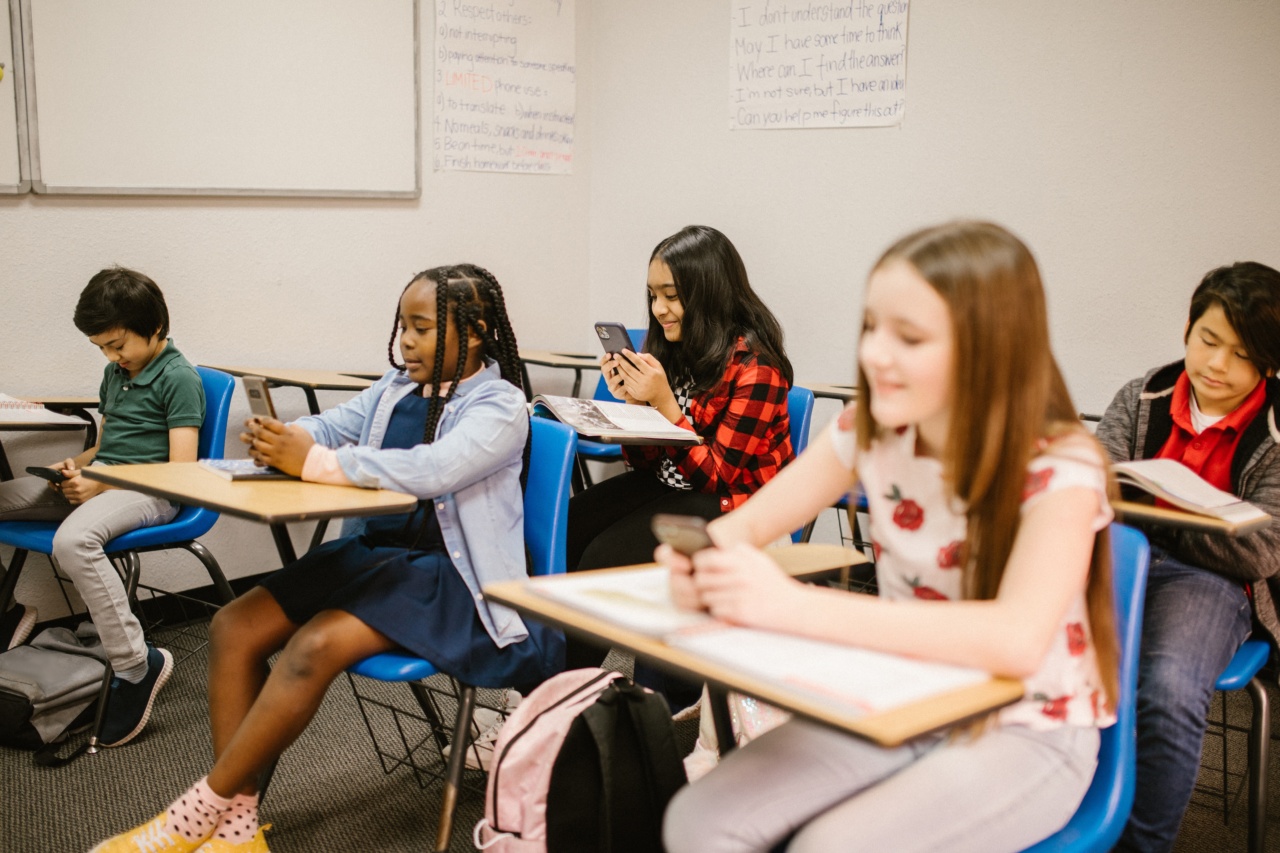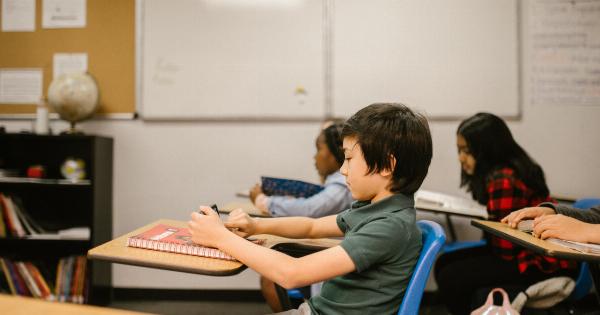With the rise of social media platforms and online networking, bullying has become even more prevalent and devastating than before.
Online bullying, also known as cyberbullying, is a form of harassment that targets individuals through various digital platforms such as social media, online messaging apps, and online gaming.
Forms of Online Bullying
Online bullying can take many forms. Some of the most common forms of online bullying include:.
- Cyberstalking: This is when someone harasses another person repeatedly over a period of time.
- Flaming: This is when someone posts or sends malicious and insulting messages or comments to someone else.
- Trolling: This is when someone deliberately posts offensive or inflammatory comments to start an argument or upset someone.
- Outing: This is when someone shares someone else’s private information, pictures or videos without their consent.
The Devastating Effects of Online Bullying
Online bullying can have devastating effects, especially on young people. It can affect their mental and physical health, their academic performance, and social interactions.
Mental Health
Online bullying has been linked to various mental health problems such as anxiety, depression, suicide, and even post-traumatic stress disorder (PTSD).
Children who are bullied online are more likely to suffer from low self-esteem and isolation, leading to an increased risk of mental health problems.
Physical Health
Online bullying can also have physical effects on the victims. Some children who are bullied online experience changes in their eating and sleeping patterns. They might also experience headaches, stomach pains, or other health problems related to stress.
Academic Performance
Bullying can have a negative impact on academic performance. Children who are bullied online may have difficulty focusing on their studies, leading to poorer academic performance.
They may also miss school or avoid social activities that are important for their academic and social development.
Social Interactions
Online bullying can affect children’s ability to interact with others. Children who are bullied online may avoid social situations or have difficulty forming relationships.
They may also become fearful of interacting with others, leading to social isolation and further depression.
Preventing Online Bullying
Preventing online bullying is everyone’s responsibility. Parents, teachers, and children need to work together to create a safe and respectful online environment. Here are some steps that can be taken to prevent online bullying:.
- Educate children: Parents and teachers need to educate children about online bullying and its effects. They should also teach children how to use digital platforms responsibly.
- Monitor children’s internet use: Parents and teachers should keep track of children’s internet use and monitor any inappropriate behavior.
- Encourage open communication: Children should feel comfortable speaking up if they experience or witness any online bullying.
- Report online bullying: Victims and witnesses of online bullying should report it to the appropriate authorities, such as school administrators, law enforcement, or social media platforms.
Conclusion
Online bullying can have devastating effects on its victims. It can affect their mental and physical health, academic performance, and social interactions. Preventing online bullying requires a collective effort from parents, teachers, and children.
By educating children, monitoring their internet use, encouraging open communication, and reporting any incidents of online bullying, we can create a safe and respectful online environment for everyone.































